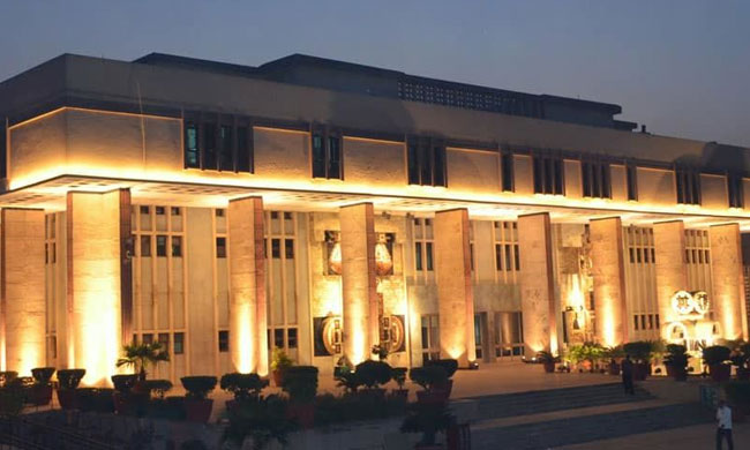The Delhi High Court on Thursday issued notice on a public interest litigation challenging the constitutional validity of the Court Fees (Delhi Amendment) Act, 2010 whereby the Court Fees Act, 1870 was amended qua its applicability to the territory of Delhi. A division bench comprising of Chief Justice Satish Chandra Sharma and Justice Subramonium Prasad sought response from the Centre...

